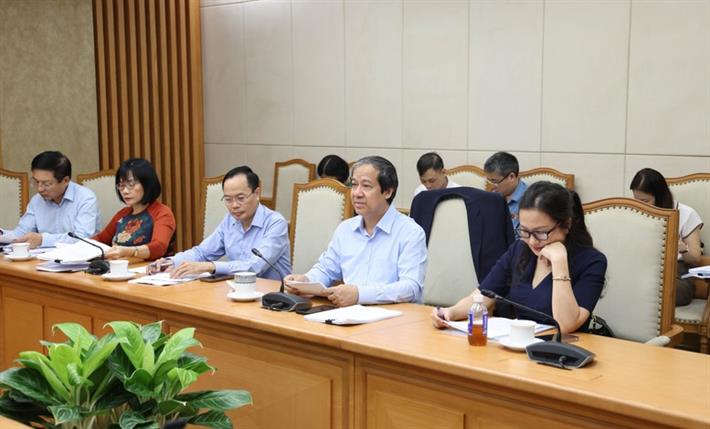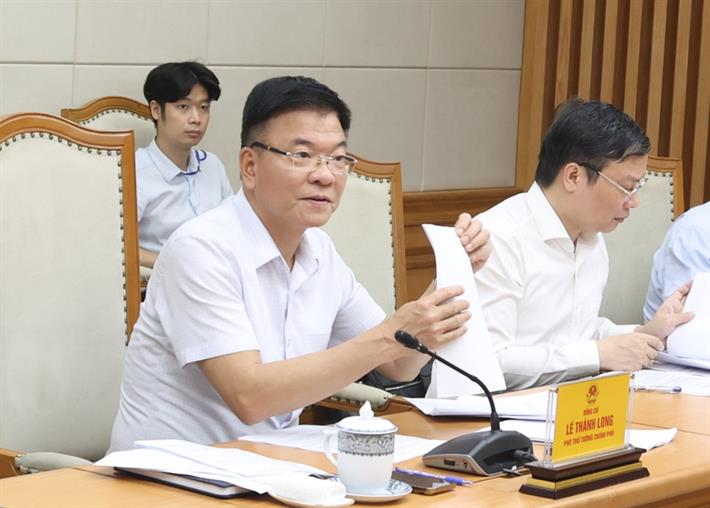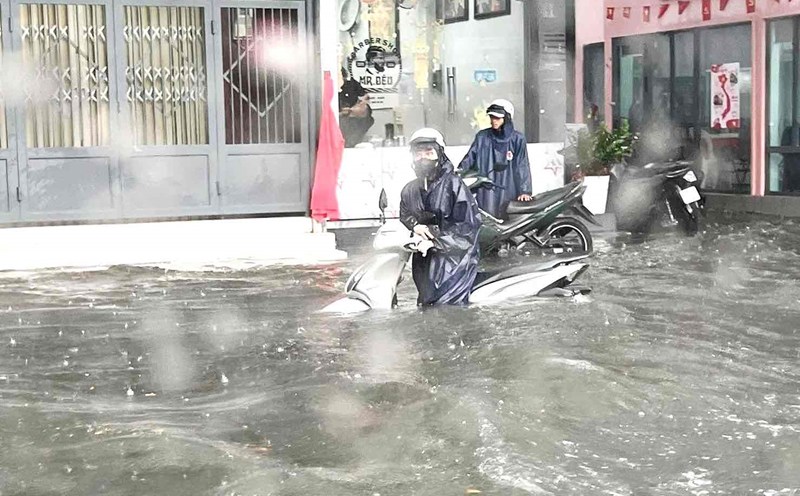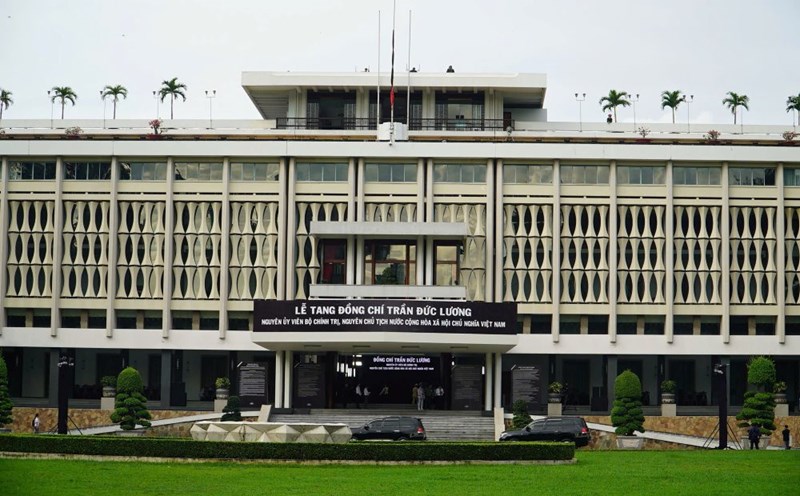The above information was launched by the Ministry of Education and Training (Education and Training) at the meeting with Deputy Prime Minister Le Thanh Long on drafting a decree on the decision of the authority of the local government in the field of education under the model of organization of local authorities with two levels and draft decree on decentralization and decentralization in state management of education.
According to the report of the Ministry of Education and Training, on the basis of reviewing the current legal system, the Ministry has identified 69 state management contents of education that are being assigned to the district-level People's Committees that need to be adjusted in accordance with the 2-level local government organization model.
Accordingly, the Ministry proposed to decentralize 36 contents (accounting for 52%) to the Department of Education and Training; proposed to transfer 33 contents to the People's Committees at the commune level (accounting for 48%).
The proposal is built on the basis of a thorough analysis of management capacity and practical requirements, ensuring the principle of: strong decentralization but not laxity, no division of expertise.
Regarding the drafting of legal documents to implement decentralization and delegation of power associated with the model of local government at 2 levels, the Ministry of Education and Training has proactively developed all necessary legal documents, including 2 Decrees and 3 draft revised Laws, ensuring consistency, progress, correct procedures and in line with the strong reform spirit of the Party and State.

Regarding the determination of authority in the field of education, the Ministry of Education and Training proposed to assign the Department of Education and Training full authority to manage the team of teachers and educational managers, including: Recruitment, use, appointment, training, assessment, mobilization - unification of the whole province.
Transfer all authority to reorganize general education institutions ( basil primary schools, secondary schools), kindergartens and community education models to the People's Committees at the commune level, including the right to establish, allow operations, suspend, dissolve, merge, and change types.

Regarding the draft Decree on decentralization and delegation of authority in state management of education, the Ministry designs in the direction of: " decentralization with conditions, with criteria, with post-inspection", ensuring transparency, standardization and national unity.
The Ministry proposes to transfer the authority to approve foreign integrated education programs and licenses international language exams from the Ministry of Education and Training to the Chairman of the provincial People's Committee or the Director of the Department of Education and Training. Allow the Chairman of the provincial People's Committee to decide to set up a representative office of foreign vocational institutions in Vietnam.
The Ministry of Education and Training proposes to build a set of indicators to evaluate the effectiveness of implementing the decentralization model in education, as a basis for regular inspection and supervision in the locality.
Concluding the meeting, Deputy Prime Minister Le Thanh Long suggested that the Ministry of Education and Training review and re-number all existing tasks and clearly state and clarify the authority of each level. At the same time, there needs to be a specific explanation for decentralization, delegation of power, avoiding extreme things. Each task needs to have a clear explanation why.
The Deputy Prime Minister noted that only those responsibilities for unified management will be retained nationwide. Try to decentralize as much as possible.
The Ministry of Education and Training needs to study increasing the authority delegated to the commune level. With tasks in this field, the grassroots level can perform more.
The ministry needs to decentralize more thoroughly, only retaining tasks of national level or high expertise.
In addition, it is necessary to collect local opinions in the process of decentralization and delegation of authority; do not leave any tasks uncertain.










